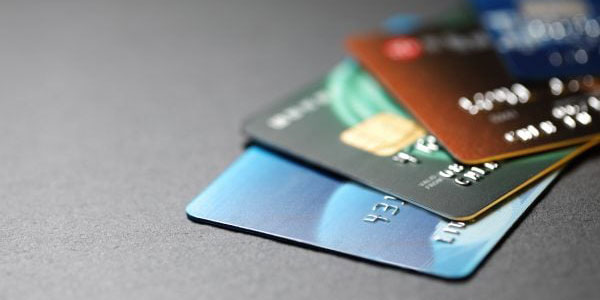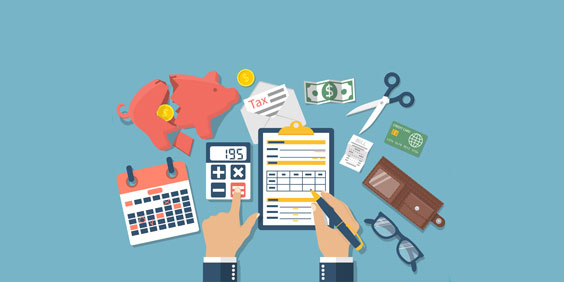
You can either buy or lease a car to travel about if you need one. When you rent an apartment or a car, you make monthly payments in exchange for using the vehicle for a set period.
If you don't want to buy a car right now or want to drive a newer model, a lease can be a good alternative for you. A thorough understanding of how leases function and the possible limits they may impose is essential before signing a contract with a leasing company.
For a fee, you get to drive an automobile for an agreed-upon amount of time and make monthly payments. Depending on your financial condition, leasing a vehicle may be better than purchasing one.
Excessive mileage or wear and tear on your vehicle could lead to unexpected financial penalties if you violate the lease agreement. When your lease is up, you may be able to buy the car.
Explaining the Concept of Vehicle Leasing Your car becomes yours when you purchase it. You'll be the vehicle owner when you've paid your automobile loan. You immediately become the vehicle owner when you buy a car with cash.
How a Vehicle Lease Works

You're signing a contract with the car dealership from which you're renting your vehicle. For example, when you sign a lease agreement with a dealership, you consent to particular terms. Those situations can include things like:
- How long will the lease last
- The allowable driving distance for a calendar year
- The distance you're permitted to travel during the lease's duration
- Mileage fines for going beyond them
- Requirements for and duties for maintenance
- Monthly lease payments and how they're computed.
- Lease payments are due at the end of the month
- Rules governing early termination of a rental agreement
When the lease period ends, you may choose what to do with the property. In some cases, the lease can be extended, the vehicle purchased at an agreed-upon price can be exercised, or a new lease can be signed.
Pros of Leasing a Vehicle

Leases may be an option for those who prefer not to own a vehicle entirely. Leases have some advantages, including:
- Having the opportunity to drive a new or updated vehicle every few years.
- Compared to financing a car purchase, monthly payments may be lower with a lease.
- A lower down payment is required to lease than to get a car loan.
- leasing a car with the opportunity to purchase it at the end of the period
Because you're not obligated to keep the vehicle for the duration of the lease, signing a lease provides you with greater mobility. When the lease is over, you can either swap to a new vehicle or purchase a vehicle if you're ready. As long as you adhere to the lease terms, renting an automobile can be less expensive than buying one.
Gap insurance may be an option when insuring a lease car. If your automobile is totaled in an accident, it will cover the difference between the car's market value and the remaining payments on your lease.
Cons of Leasing a Vehicle
There are, however, some drawbacks to leasing a vehicle over purchasing one. Here are a few examples:
- For example, you may only be able to drive 10,000 or 15,000 miles yearly.
- The fines for driving beyond the speed limit might be substantial.
- Excessive wear and tear may also result in a fine.
- The cost of early termination of a lease can be prohibitive.
Another drawback for some is the inability to customize the vehicle, which you can only do if you buy one instead of leasing one.
People with low credit histories should be aware of dealerships that offer "lease here, pay here" options. They may charge more or provide fewer benefits in terms of maintenance and repairs.
Negotiating a Vehicle Lease
The terms of a car lease can often be negotiated the same way you can when buying a car from a dealership. There may be room for discussion on any or all of the following, depending on the dealership:
- The price of a car
- Requirements for a down payment
- The cost of renting a home determines monthly rent payments.
- Limits on how far you can go
The Bottom Line
Consider your driving patterns and preferences when deciding whether to lease or buy a vehicle. In this case, leasing may be the best option if you drive fewer than 10,000 or 15,000 miles per year and enjoy driving a new car every few years. A vehicle may be a better investment if you want to keep it for a longer period or if you travel more than 15,000 miles annually.



